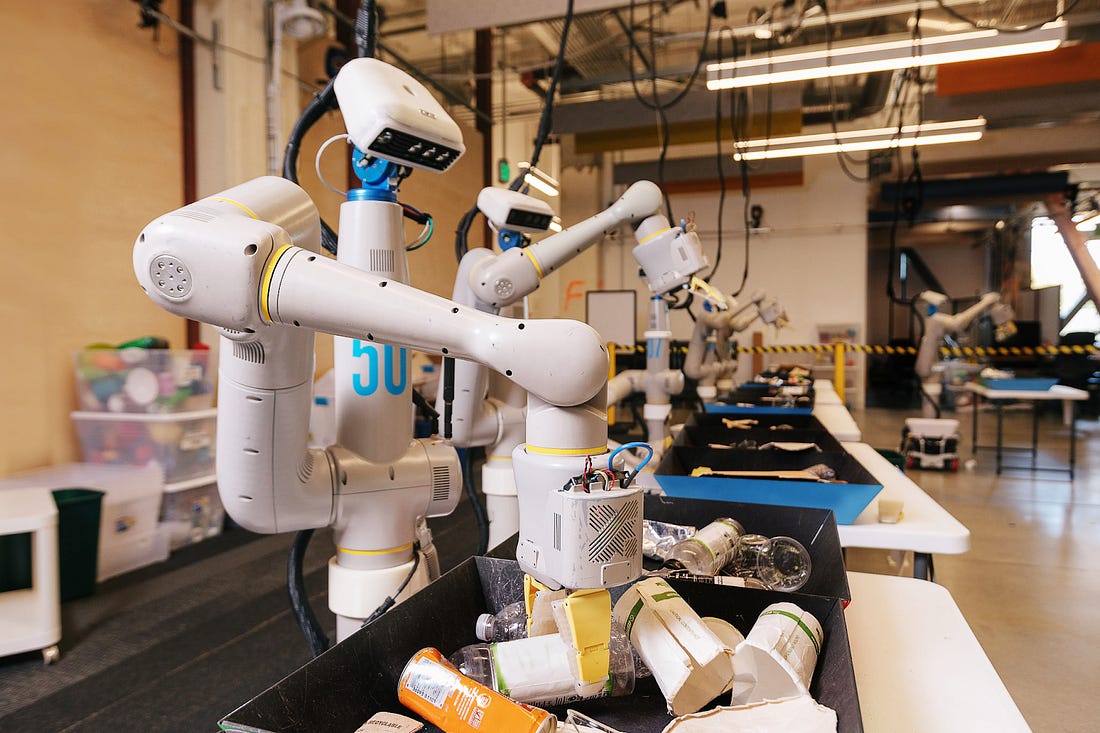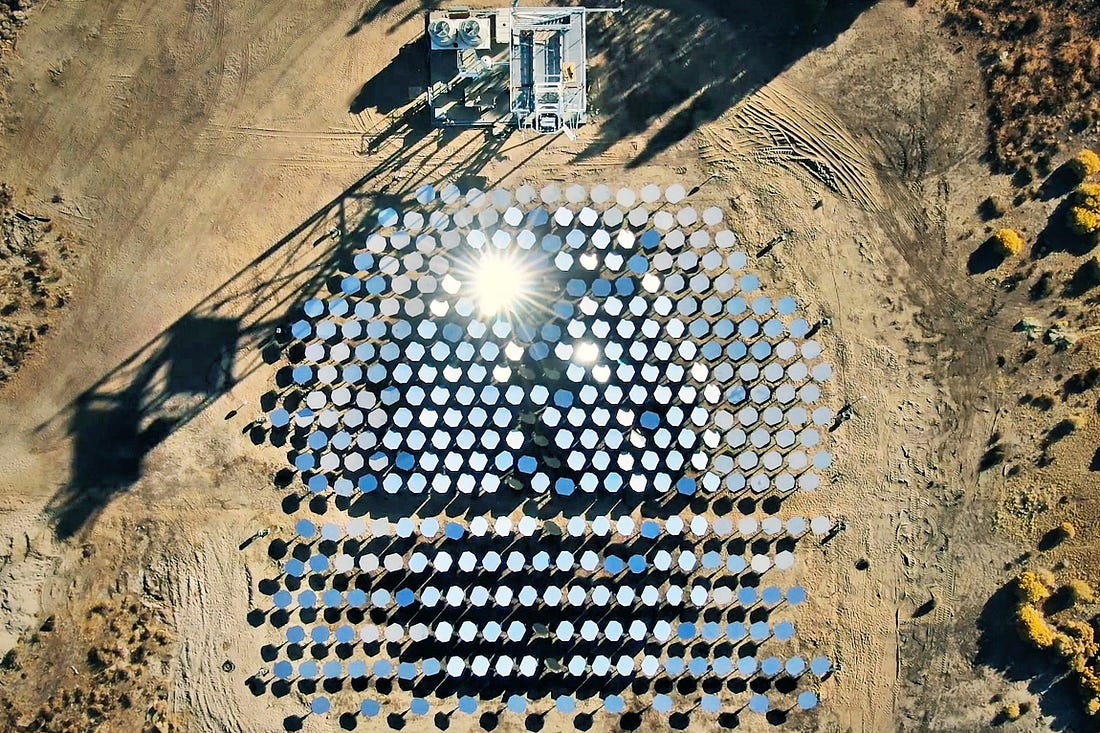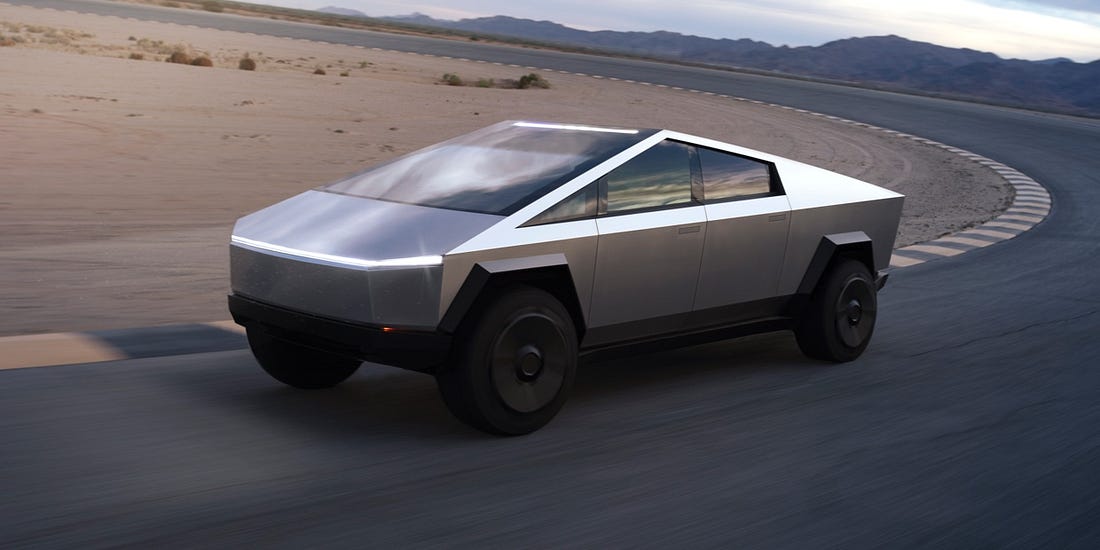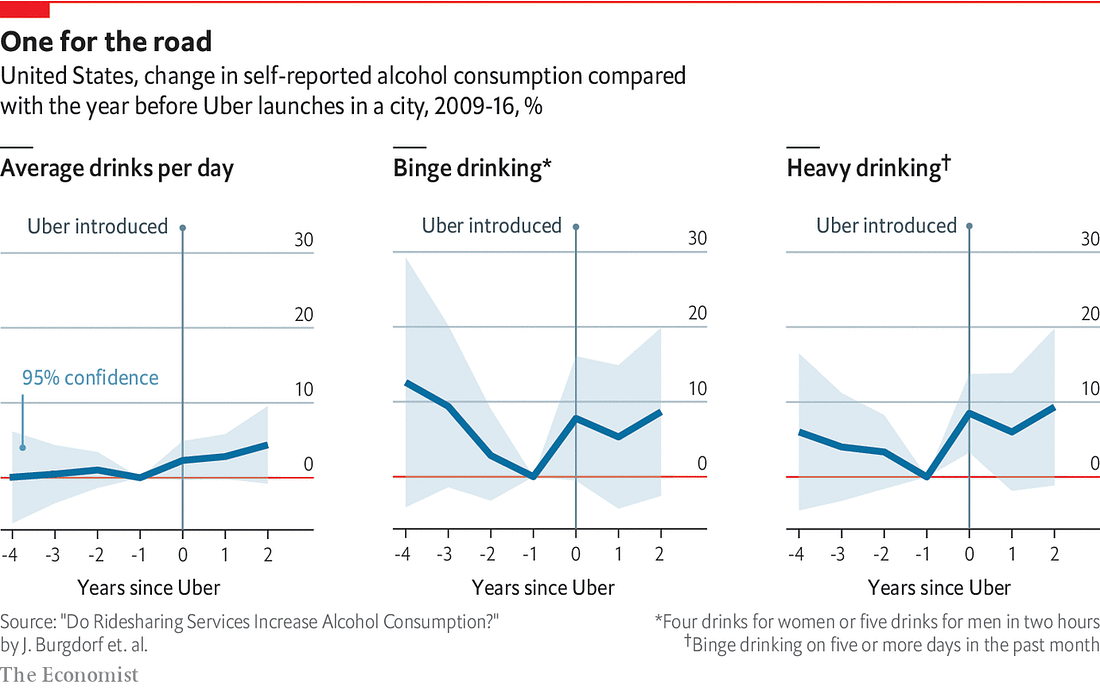Here’s your weekly wrap of technology, innovation, and finance news.
? Robotics
X, Alphabet’s moonshot division, unveiled The Everyday Robot Project in a blog post. The goal of the project is to create robots that can be useful in our everyday lives by creating robots that can be taught using a variety of machine learning techniques.
Our tests showed that by giving robots simple tasks and then having them practice, it is indeed possible to teach them to develop new and better capabilities.
The team has started by teaching its robots how to sort waste into different bins and has shown early promising results.
Robotic process automation (RBA), which is essentially software that helps automate repetitive digital tasks, is seeing strong growth with Deloitte reporting that 54% of companies have begun deploying it and that 78% of adopters will invest more in robotic process automation in the next three years. Automation Anywhere, one of the incumbents in the RBA space, just raised $290 million at a $6.8 billion valuation.
? Health
The first two human CRISPR trials have shown promising results with two patients being potentially cured of their genetic diseases.
The result: CRISPR Therapeutics and Vertex Pharmaceuticals, the companies leading the first-of-a-kind effort, say there are signs the treatments have worked. The beta thalassemia patient, for instance, who lives in Europe, used to receive about 16 blood transfusions a year but hasn’t needed one since the treatment. According to NPR, the sickle-cell patient, a 34-year-old named Victoria Gray, no longer suffers from the pain attacks typical of that condition.
“This preliminary data shows for the first time that gene editing has actually helped a patient with sickle-cell disease. This is definitely a huge deal,” Haydar Frangoul of the Sarah Cannon Research Institute told NPR.
Humans have been placed in suspended animation for the first time as part of a trial in the US that aims to make it possible to fix traumatic injuries that would otherwise cause death. The technique is officially called emergency preservation and resuscitation (EPR).
EPR involves rapidly cooling a person to around 10 to 15°C by replacing all of their blood with ice-cold saline. The patient’s brain activity almost completely stops. They are then disconnected from the cooling system and their body – which would otherwise be classified as dead – is moved to the operating theatre.
Results of the EPR trial are not yet known.
The approval of “golden rice” could finally end vitamin A deficiency deaths.
? Renewables
Heliogen, a 6-year old startup backed by Bill Gates, has created a huge mirror array that can concentrate the sun’s reflection on a small target in order to generate 1,000°C (1,832° F) of heat. Their innovation is using machine vision to constantly adjust the positions of the mirrors so they’re always pointed to the most optimal spot, and the heat generated is designed to be used in industrial processes (like creating cement) which are currently use fossil fuel-powered ovens.
? Virtual and Augmented Reality
Surgeons and biomedical engineers are beginning to use Microsoft’s augmented reality HoloLens headset.
“When you put on the HoloLens, it’s like having X-ray vision,” says Karl West, an inventor and biomedical engineer at The Cleveland Clinic who developed a HoloLens app that is licensed to the Cleveland-based startup MediView. “You can see the anatomy inside the patient.” There are no actual X-rays; the images come from pre-operative CT scans or MRIs, projected holographically through a head-mounted display and coupled with ultrasound and electromagnetic tracking devices.
A new virtual reality interface enables “touch” across long distances by using lightweight, flexible patches that provide a tactile sensation directly to the skin.
? Gaming
Valve announced Half-Life: Alyx, the first new Half-Life game in 13 years and the company’s first full-length virtual reality game. Valve released its own VR headset (Index) earlier this year. Geoff Keighley sat down with the team to discuss how the game came to be.
You’re probably wondering, why is this VR? Why isn’t this Half-Life 3? And what took Valve so long to make another single player game? Today I'm sharing a 20 minute sit-down chat with the team that gives a little more insight into their thinking. https://t.co/vvySkBQEb7
— Geoff Keighley (@geoffkeighley) November 21, 2019
Google launched their game-streaming service, Stadia, and it was predictably disappointing with users reporting lagging and syncing issues with the service.
A trash-talking robot makes people worse at video games.
⚙️ Mobility
Despite a failed demo and its strange look, Tesla’s new Cybertruck received 146,000 pre-orders just over a day after its unveiling. If the $100 fully refundable pre-orders go through to completion they’ll generate approximately $8 billion in sales. Pre-orders are now up to 187,000.
? Artificial Intelligence
How is AI being used now? A system that uses AI to analyse heart scans is now being used at more than 30 hospitals worldwide. Las Vegas is trying to apply AI to traffic lights. Material scientists are using machine learning algorithms to help discover more efficient photovoltaic material for use in solar cells. AI is speeding up the hunt for ancient etchings in Peru. A superfast AI chip is being used to find better cancer drugs.
? App Economy
PayPal acquired coupon-finding company Honey for $4 billion. Mucker Capital, a seed-stage fund in Santa Monica, is set to receive $280 million in proceeds from the sale — they invested $3 million of their $20 million fund in Honey in 2013.
DoorDash is leading in the US food delivery wars with 35% of the market. The meal delivery market grew 40% in October year-over-year.
After Uber arrives in a city, heavy drinking increases.
⚡ Other Snippets
Researchers have invented metal that floats that might one day lead to unsinkable ships. The metal is created by using a high-powered laser to etch tiny patterns that trap air and make the surface of the metal superhydrophobic.
Ubisoft is helping Ultra validate transactions on its blockchain for gamers.
Bitcoin mining’s impact on carbon emissions may be lower than previously thought.
The CEO of Ctrl-labs believes we’ll have neural interfaces in less than 5 years.
CNBC produced a 14-minute overview video looking at how secure the US Power Grid is and why power plants are a target.








